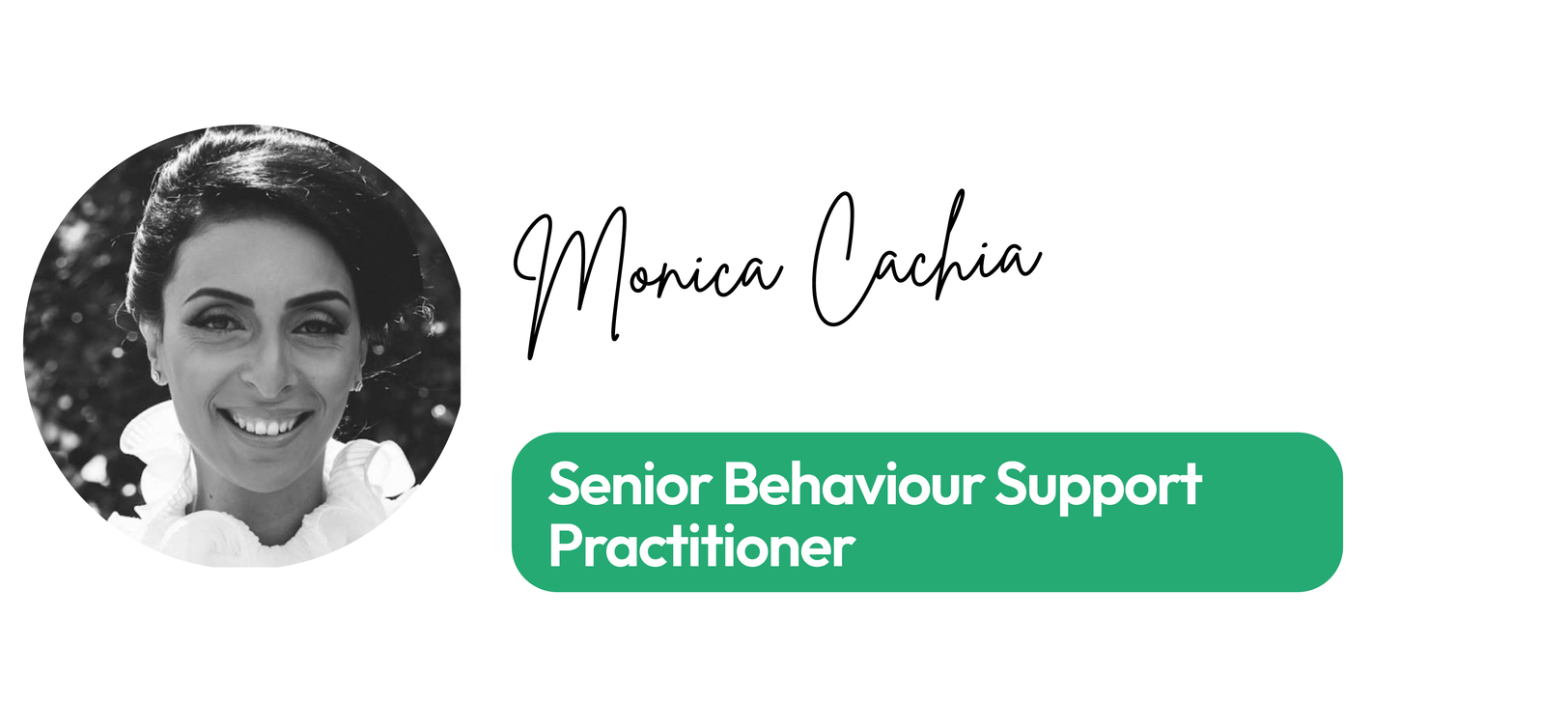Rebuilding connections: John’s journey back to community engagement

Monica Cachia
Senior Behaviour Support Practitioner
The client's name has been changed for privacy
After facing a challenging period a couple of years ago, John is now making inspiring strides toward reconnecting with his community and improving his mental wellbeing. A couple of years ago, John experienced a noticeable decline in his mental health, which led to withdrawal from his regular activities, including his weekly day program and outings with housemates. Despite the efforts of support staff, John struggled to re-engage, resulting in increased isolation and anxiety. John spent months at home, declining support to leave the house.
A turning point came 12 months later when a Community Participation Provider was engaged to support John through a tailored Community Participation program. Using a trauma-informed approach, the team prioritised safety, consistency, and trust-building—creating a supportive environment where John felt understood and empowered to take small steps forward.
With a consistent and compassionate support team, John was gently reintroduced to social activities in a safe and familiar environment—his home and then drives to get a drink or lunch. Today, John is thriving with a structured weekly routine that includes park lunches and bowling sessions three times a week. These outings, supported collaboratively by his Community Participation and SIL providers, have helped John rebuild his confidence, reduce anxiety, and reconnect with his community.
The goal to build his participation in the community continues, while we work within the parameters of his sensory processing needs to ensure he doesn’t feel overwhelmed in shared community spaces and still provide new experiences such as having a coffee at a café, something he hasn’t been able to do in a long time.
John’s progress reminds us of the need to avoid complacency in assessing a participant’s capacity. By continuing to offer opportunities for new experiences, we ensure individuals like John can grow and thrive beyond perceived limitations. It’s so important to meet individuals where they’re at, honour their capacity, and walk beside them to improve their quality of life.
Small steps, big wins!

If you or anyone you know could benefit from Behaviour Support, get in touch with us today.
News & Insights
Check Our Latest Resources







